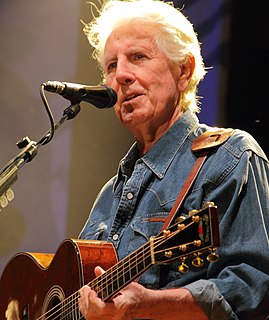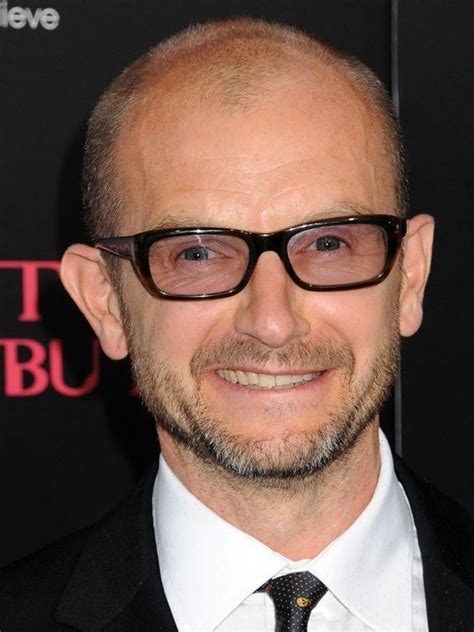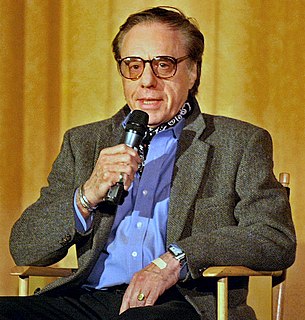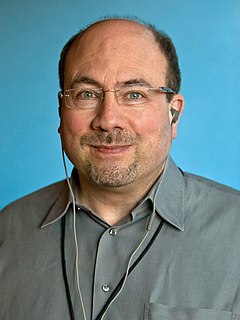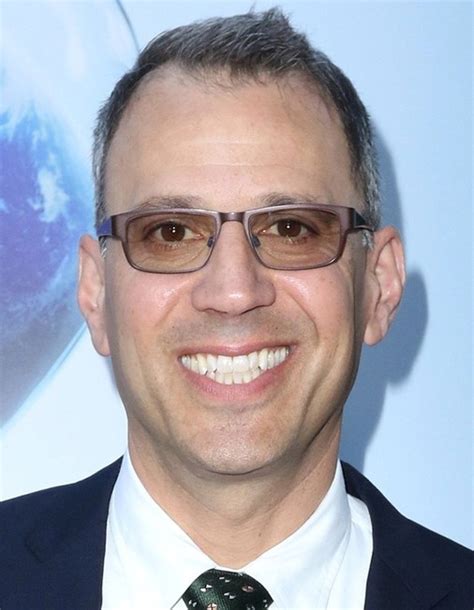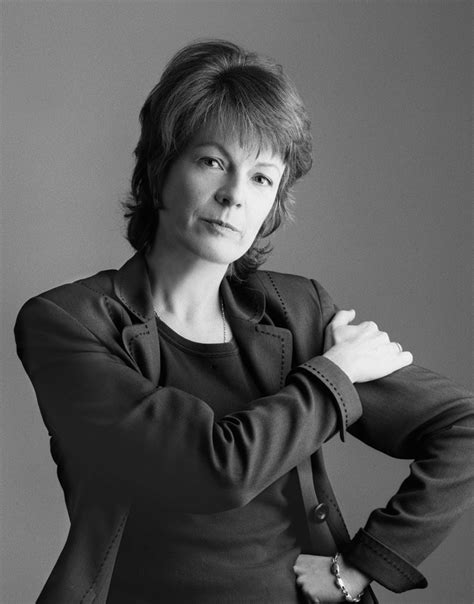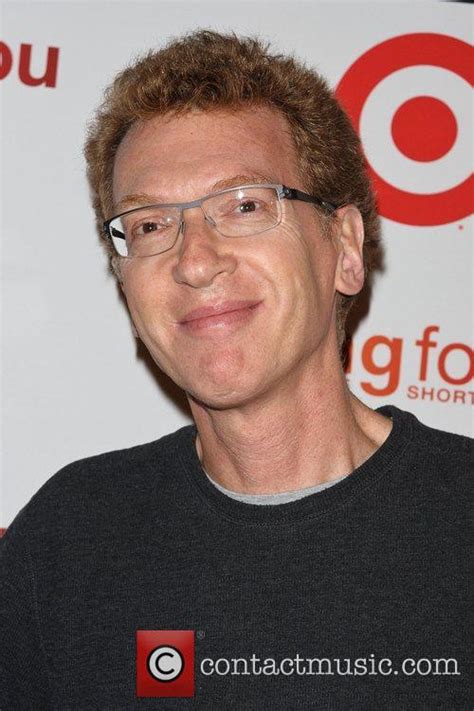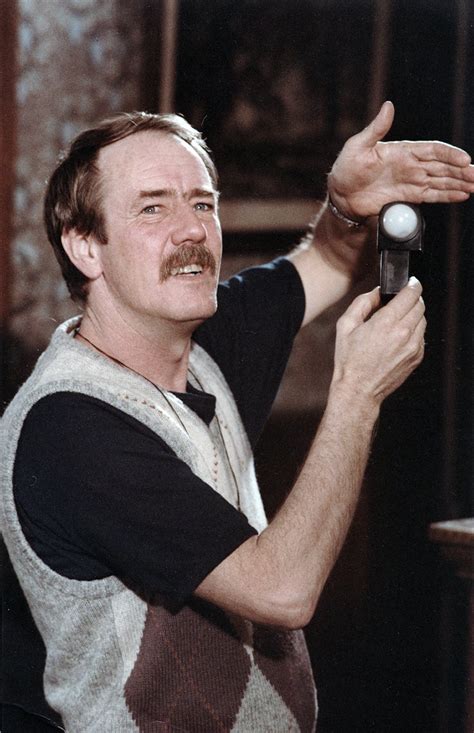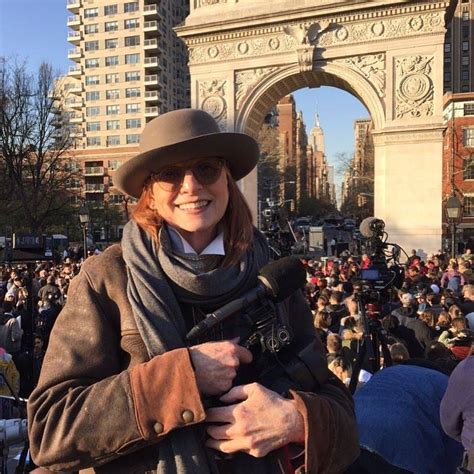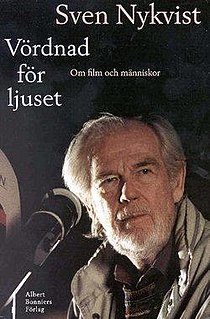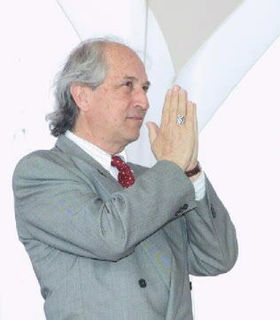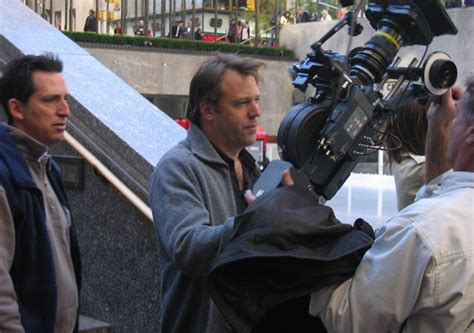A Quote by Gordon Willis
I don't believe in doing thousands of cuts, then giving it to the editor to make the movie. 'Dump-truck directing' is my reference to that style of moviemaking. You have to know how to cut before you can shoot well. The lack of definition in movies today is appalling. Very few people know how to mount a narrative anymore. If a scene works in one cut, you don't need 10. Or it might need 10. Let's not make it 20.
Related Quotes
I always thought the editor should cut the film and so I'll come in and look at the movie. Just because that's the only way I can really see the ideas of the editor, it's really working together. Yes it's a hierarchy, yes I'm the boss, but I like to see and to think about the idea, and it's about us asking, 'do we have to say that?' and, 'how do we make it there?' So it's advising the editor, it's very give and take, it's very free, but in the end, it's wonderful once you get through the first couple of cuts.
I've begun to believe more and more that movies are all about transitions, that the key to making good movies is to pay attention to the transition between scenes. And not just how you get from one scene to the next, but where you leave a scene and where you come into a new scene. Those are some of the most important decisions that you make. It can be the difference between a movie that works and a movie that doesn't.
If you need to do a movie where you have an army of 10,000 soldiers, that's a very difficult thing to shoot for real. It's very expensive, but as computer graphics techniques make that cheaper, it'll be more possible to make pictures on an epic scale, which we haven't really seen since the '50s and '60s.
The Lord has said, ‘I have chosen thee in the furnace of affliction.’ (Isaiah 48:10, 1 Nephi 20:10). He knows, being omniscient, how we will cope with affliction beforehand. But we do not know this. We need, therefore, the refining that God gives to us, though we do not seek or crave such tribulation.
My great strength as an editor, I believe, is structure: I know how to reorder a piece, I know how to reach into a jumbled story and extract the important narrative. And I can do both of these things very fast. I also think I've become better at cutting text. You don't always relish it, of course, but by now I know how to distill something without sacrificing its essence.
I need to make an okay living. The people who work for us need to. But after you make a comfortable living, how much more do you need? It's like I make a joke about nerd values, because I'm very much in the rich nerd tradition. And you know, we say, like, hey, people pay us for this stuff, like programming. You know, what else do we need?
You probably need 1/10 of the world's population for us to continue to exist. There's just too many damn people. You have to somehow get us from 7 billion people to... I don't know what the magic number is, but I imagine at some point, that will happen. And I don't know about you, but I don't think I'm making the cut.

